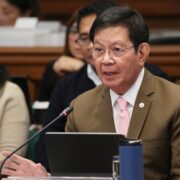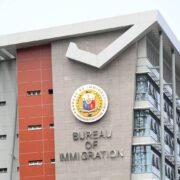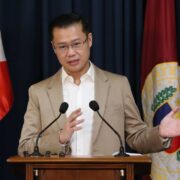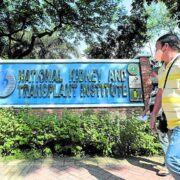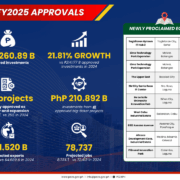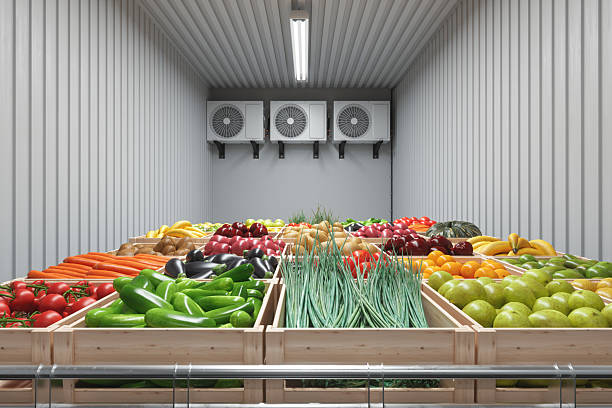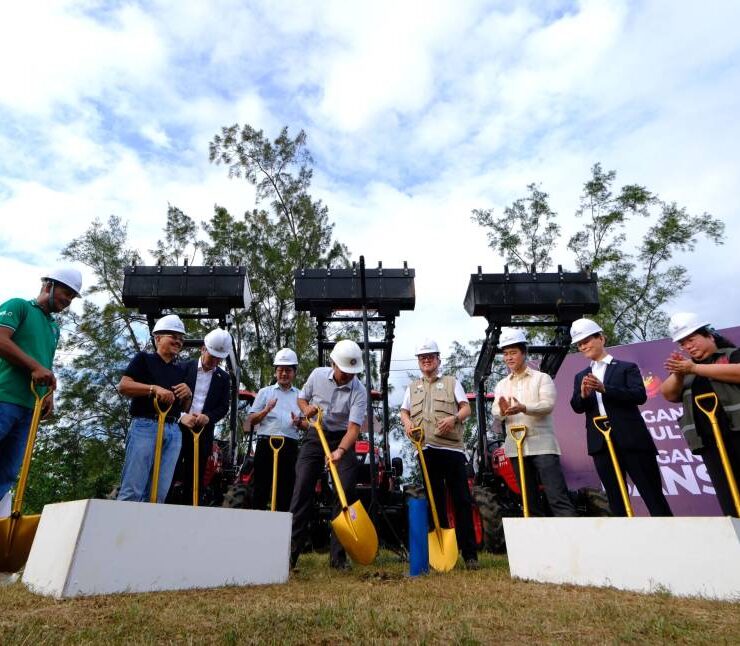The miracle of the bamboo
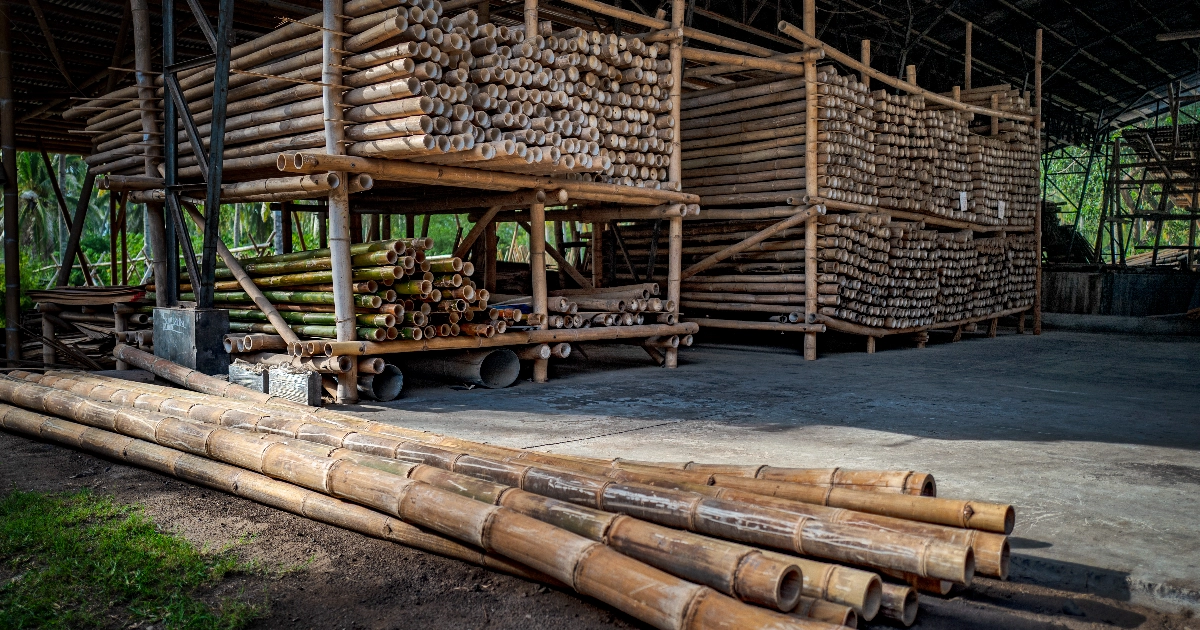
Now that the Department of Agriculture (DA) has made a stronger move to create additional jobs through more agriculture exports (which is largely under the Department of Trade and Industry, or DTI), it must also give emphasis to making water easily available through watersheds (largely under the Department of Environment and Natural Resources, or DENR).
The DA must continue increasing its interaction with other departments to achieve its vision of food security and job creation.
More exports mean more jobs. However, our performance in agriculture exports has been very disappointing.
Data gathering firm Statista reports that last year, Thailand had $53.1 billion in agriculture exports. We were previously way ahead of Thailand, but this figure is already nine times our $6.4 billion.
The good news is: The DA is now acting on this in coordination with the DTI.
This time, the DA must also work closely with the DENR to increase water availability through watersheds.
Last year, the National Irrigation Administration got P70.2 billion, or 35 percent of the DA’s P197.8-billion budget. It must now work on the source of the water, which irrigation needs.
I am referring to watersheds, which are under the DENR.
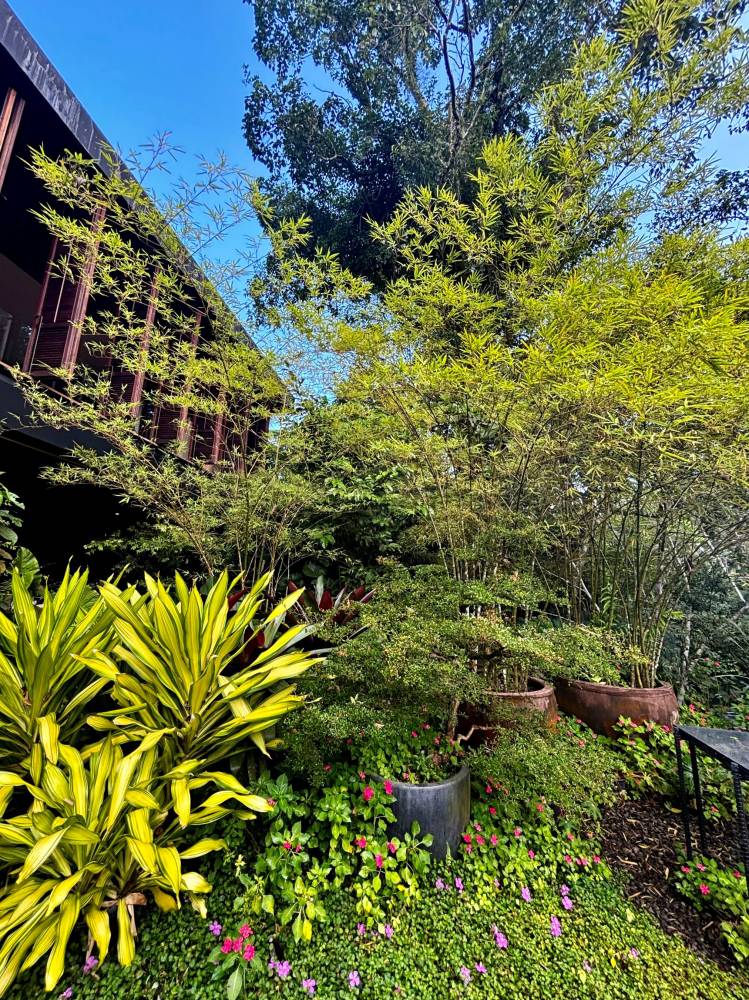
According to the DENR: “A watershed is an area of land that drains all the streams and rainfall to a common outlet. Watersheds prevent or reduce costly climate change and flooding impacts, manage drought and contribute to fisheries, forestry and agriculture.”
Omi Royandoyan, Centro Saka head and Alyansa Agrikultura cofounder, writes in his book “The Right to Food: Restore the Earth, Feed the People”: “Agriculture food-based production solely depends on water resource. Watersheds provide irrigation to agricultural lands, but specially lands planted to food crops. Indeed water and food are interlinked. They should always go together.”
Satoshi Nepal adds: “Water management and irrigation management are deemed to be separate entities and practiced accordingly. But it is found that the better the watershed is managed, the better are the positive impacts on the irrigation system.”
It is critical to address this issue today. Royandoyan states: “From an original forest cover of 27 million hectares, we now have only from 6.8 to 7.8 million hectares.”
Worse, only 1.6 million hectares have been proclaimed watershed forest reserves. This provides an opening for greater deforestation, reducing our ability to get the water we need.
Best solution
What should therefore be done? Agriculture Undersecretary Deogracias Victor Savellano proposes additional initiatives that the DA can work on.
Savellano states: “The best solution is to plant bamboo, because it is the fastest-growing plant, and we can quickly reforest.”
He cites several advantages: bamboo absorbs water, prevents soil erosion and produces 35 percent more oxygen than other trees.
Guadua bamboo, a species from Latin America, can absorb more than 30,000 liters of water in 1 hectare. It then deposits this back during the dry season.
Some bamboo varieties grow up to 1 meter a day, thus providing tremendous livelihood opportunities. This is where the DA’s closer interaction with the DTI can significantly help.
A large market for bamboo is already secured through Executive Order 879. This presidential fiat requires bamboo to be used in at least 25 percent of the desk and furniture requirements of public elementary and secondary schools. In addition, bamboo should be prioritized for use in furniture, fixtures and other construction requirements of government facilities.
Savellano also encourages working with other departments, local governments and the private sector in establishing bamboo villages. This is where rural towns can be harnessed for growing, harvesting and processing of highly valued finished bamboo products.
Bamboo is not a tree, but a grass. Thus, it is easy to grow, can overcome even cogon and provides the best solution for rapid forestation, livelihood generation and watershed management.
If Congress can provide P70 billion for irrigation, why not support an unfunded Bamboo Council created by a 2010 executive order? This will help secure the water needed for irrigation, and also provide additional jobs.
We must support the DA’s holistic approach on working more closely with other departments, local government and private sector for a better future for agriculture and the nation.
The author is Agriwatch chair, former secretary of presidential flagship programs and projects, and former undersecretary of the Department of Agriculture and the Department of Trade and Industry. Contact is agriwatch_phil@yahoo.com.





